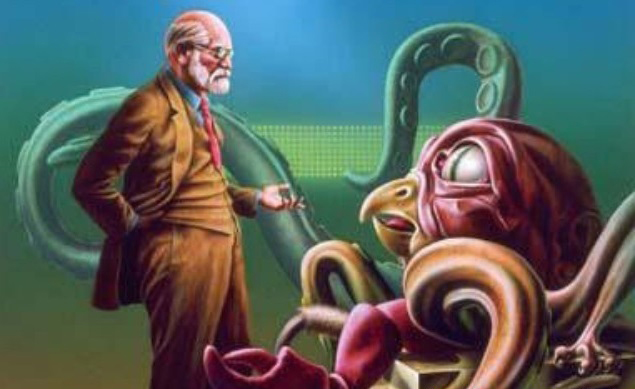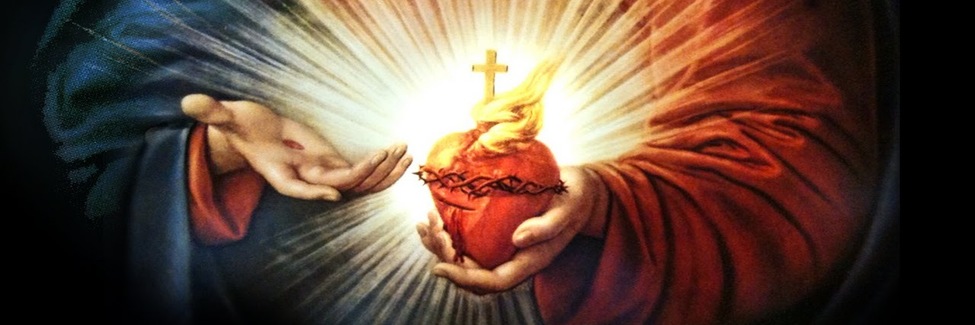Atheism – the belief that God does not exist – is an old, musty superstition that will not go away. Even though the flaws, errors, and false assumptions inherent in the philosophy of atheism are glaring, the idea persists. What’s worse, it seems as though atheists and their ideology have invaded every part of society. Whether in school, at the movies, at work, or on television it’s almost impossible to avoid the snide remarks and anti-Christian propaganda from atheists.
Thankfully, we have Father Robert Spitzer. In his book Finding True Happiness: Satisfying Our Restless Hearts, Father Spitzer explains that atheism is a huge roadblock on the highway to happiness. Since atheism creates a sense of futility, emptiness, and the fear that life is meaningless, atheists are never able to achieve the ultimate level of happiness. There are many skeptics, agnostics, and battered believers who are vulnerable to the constant barrage of atheist propaganda. Finding True Happiness is the antidote to this poison.
The first job Father Spitzer sets for himself is to deconstruct atheism. “Because the persistence and consequences of atheism are so devastating,” he writes, “we are required to respond to it.” So he does. He takes apart, exposes, disproves, and ridicules this perverse idea which has caused so many people to live empty, unfulfilled, unhappy lives. Moreover, he shows that atheism is unscientific and irrational.
Father Spitzer begins by discrediting Sigmund Freud and his book The Future of an Illusion. Published in English in 1928, Freud claimed that religion originated from the fear of death combined with wishful thinking. A devout atheist, he wrote that God is an illusion, and religion is a “societal neurosis.” He made the arrogant claim that his atheist notions were based on science, and he would often accuse his detractors (and there were many) of being opposed to science.
Freud was the father of psychoanalysis, a method that was supposed to treat mental disorders. He was able to convince a small minority of scientists, college professors, and psychologists that psychoanalysis was an empirical science, like chemistry or physics. It was not, of course, and the credibility of his theories have declined dramatically over the years. Yet, Freud was a clever salesman who had the uncanny ability to convince his followers that his personal views were the same as true science.
Freud built his argument against God on his personal opinions, not on credible scientific evidence and not on sound reasoning. Furthermore, as Father Spitzer shows, his opinions regarding religion were “neither reasonable nor responsible from an academic or intellectual point of view.” Therefore, on the subject of religion, Sigmund Freud can be dismissed as a credible source. Atheism truly is a superstition, and it can be dismissed as a credible philosophy.
With a title like Finding True Happiness, people might think this is one of those trite, twelve-easy-steps-to-happiness books. It is not. Father Spitzer is a genius, with a profound knowledge of science, mathematics, and philosophy. He is a former president of Gonzaga University, and he is the founder of the Magis Center (magiscenter.com). Plus, he has a very interesting and entertaining program -“Father Spritzer’s Universe”- on the Eternal Word Television Network (EWTN), on Wednesday nights.
Finding True Happiness: Satisfying Our Restless Hearts is volume one of the quartet, “Happiness, Suffering, and Transcendence.”
by Nick Connor







Leave a comment